
"I can't get Dad to budge!"
Has your loved one ever flatly rejected your perfectly sensible solution to their problem? Though…
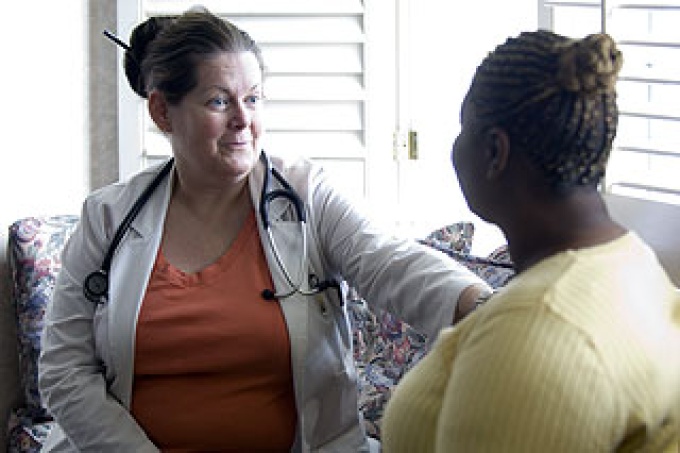
When to choose "Urgent Care"
Who wants to go to the ER? No one! But sometimes, distressing symptoms or illnesses arise that…
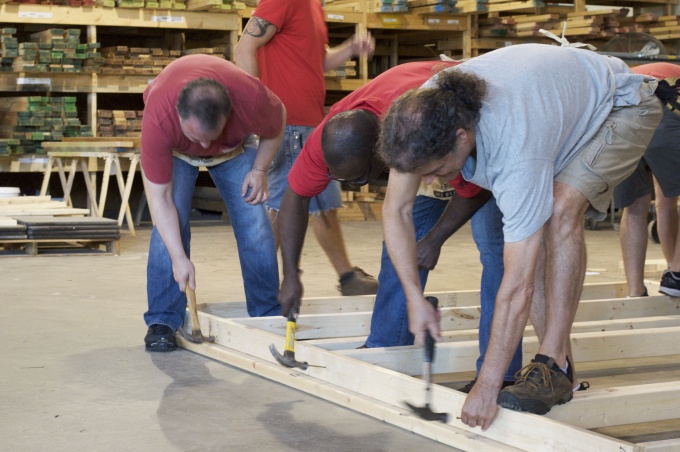
Hospice Healing Build: Using Grief to Help Others
The death of a loved one and the grief that comes with it often destroys dreams—dreams of what…
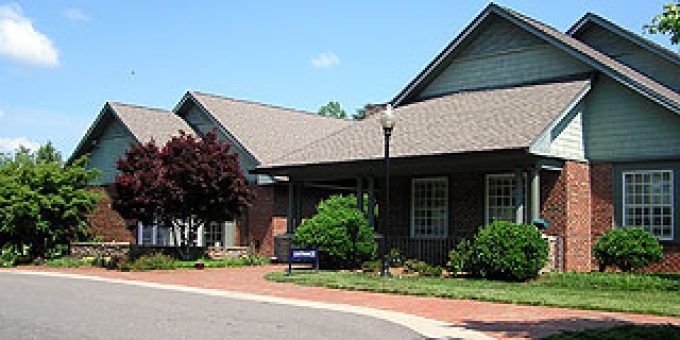
Early detection of memory problems
Once a year, encourage your relative to see the doctor for an “Annual Wellness Visit.” The purpose…
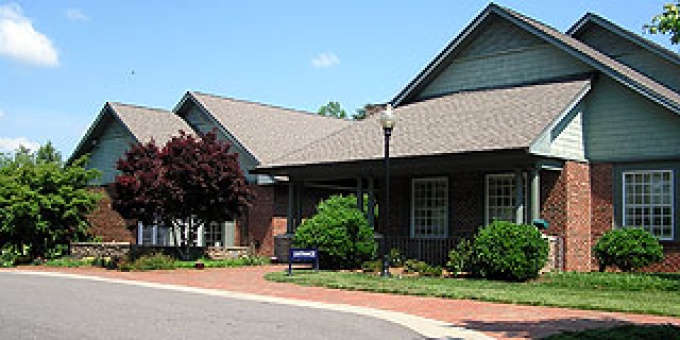
Dealing with extreme heat
Make sure your loved one is ready to “take the heat” this summer. Older bodies are less able to…
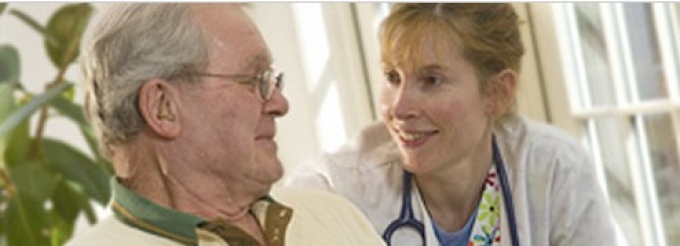
Add a dose of laughter to your life
Don't you just somehow feel better when you laugh? It turns out, that's not just fantasy. Laughter…

When your relative has money questions
Is Dad asking if he should sell the house now that Mom is gone? Or perhaps Aunt Mary is anxious…
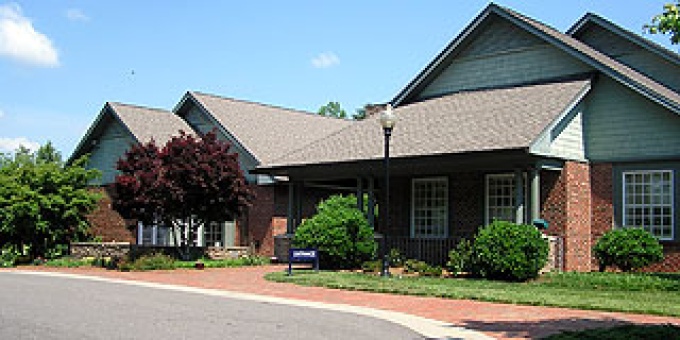
Vacation without Mom
Sometimes the best way to care for your loved one is to take an extended break and recharge your…

What is mild cognitive impairment?
"Senior moments" are a normal part of aging . They happen to everyone. We just don't process things…